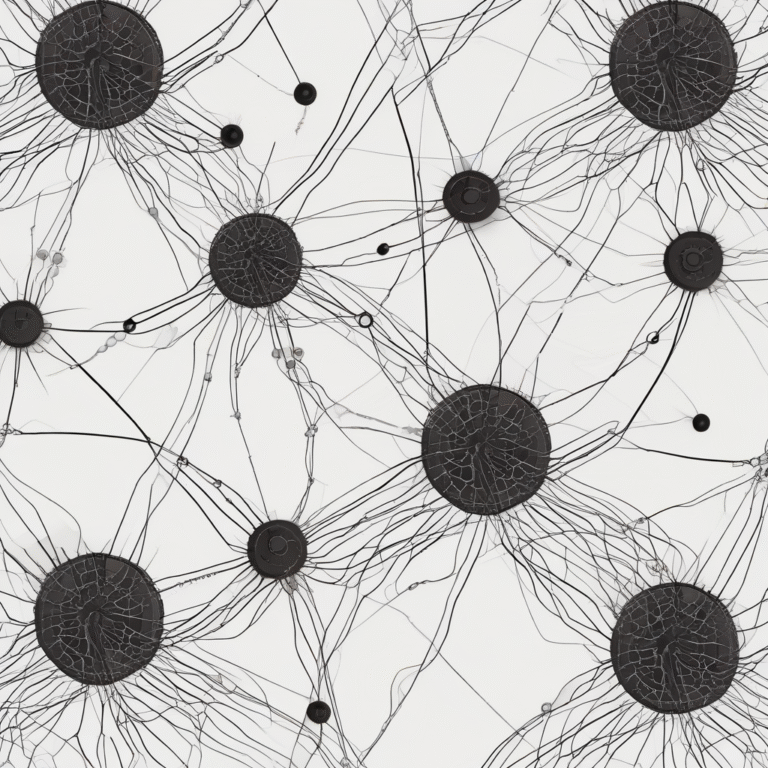Shadow AI in Corporate America: Productivity Gains and Hidden Risks
In offices across corporate America, a quiet revolution is underway as employees turn to artificial intelligence tools to boost productivity, often without their employers’ knowledge or approval. From drafting emails to analyzing data, these AI assistants like ChatGPT are becoming indispensable for many workers. However, this shadow adoption exposes companies to significant security vulnerabilities, as sensitive information flows into unregulated systems.
The Scale of Shadow AI Adoption
Recent surveys reveal the scale of the issue: nearly half of employees admit to using unapproved AI at work, frequently sharing confidential data such as financial records or client details. This unauthorized use, dubbed “shadow AI,” bypasses corporate oversight and could lead to data breaches that compromise intellectual property or violate privacy laws.
The Hidden Dangers of Unauthorized AI Integration
Experts warn that when employees input proprietary information into public AI platforms, that data may be stored, analyzed, or even used to train models by third-party providers. A report highlights how organizations are scrambling to address this, with IT departments discovering leaked trade secrets through routine audits. The risks extend beyond leaks; AI tools can introduce biases or inaccuracies that affect business decisions, potentially leading to legal liabilities.
Compliance Challenges
Moreover, compliance challenges arise in regulated industries like finance and healthcare, where data handling must adhere to strict standards such as GDPR or HIPAA. Without policies in place, companies face fines and reputational damage, as unauthorized AI circumvents these safeguards.
Why Employees Bypass Official Channels
The allure of AI stems from its efficiency gains, allowing workers to automate mundane tasks and focus on higher-value work. However, many companies lag in providing approved AI alternatives, leaving employees to seek out consumer-grade tools. Staff often “smuggle” AI into their workflows to meet deadlines, viewing it as a harmless shortcut rather than a security threat.
This behavior is exacerbated by a lack of awareness; some employees don’t realize the tools they’re using embed AI capabilities, inadvertently exposing data. Training gaps compound the problem, with cybersecurity education not keeping pace with AI’s rapid evolution.
Strategies for Mitigating Shadow AI Risks
To combat these threats, forward-thinking firms are implementing comprehensive AI policies that include usage guidelines, approved tool lists, and monitoring software. Experts outline critical risks, emphasizing the need for data privacy measures and regular audits to detect unauthorized access.
HR departments play a pivotal role by fostering a culture of transparency through education campaigns that highlight risks without stifling innovation. Some companies are even integrating AI governance into performance reviews to encourage compliance.
The Broader Implications for Corporate Governance
As AI adoption accelerates, the divide between employee ingenuity and corporate control widens, potentially eroding trust if not managed carefully. Industry analysts predict that without swift action, data breaches from shadow AI could cost businesses billions annually.
Ultimately, balancing AI’s benefits with security requires collaboration between IT, legal, and executive teams. By proactively addressing these challenges, companies can harness AI’s power while protecting their most valuable assets—their data and their people.









